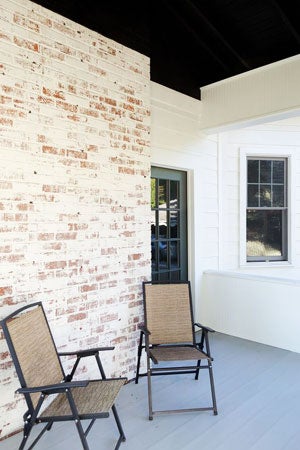
What causes low humidity in a house? Why is the humidity level in my house so high? What is the ideal humidity level for Your House? How to humidify a room naturally?
Activities such as cooking, bathing, clothes drying and dish washing add moisture to the air. Some heating appliances, such as unvented natural gas or kerosene models, also increase the moisture inside your home. Another reason of high humidity in house is Poor Ventilation. The humidity of a poorly ventilated home is naturally high because the air containing moisture has no way of leaving the house.
This moist air stays inside the house and when more moisture evaporates into an already moist air, the level of humidity goes up. But as mentioned above, feeling overheated isn’t the only problem with high humidity. There are many other health consequences of humidity—and some of them can be quite serious. A damp bathroom can benefit from an open window or a ceiling exhaust fan to draw the moist air or steam from showers and.

In spring when heating is not. Higher levels of humidity in the home provide an environment for two undesirable triggers for asthma and allergy. Keep the relative humidity in your home between and percent. You can purchase a weather station that measures indoor humidity levels. The optimum humidity level in your home depends on your personal preferences, clothing, and level of physical activity.
Comfortable: -. Recommended: -. When humidity grows beyond percent, you’ll find you feel clammy and uncomfortable. Determining Ideal Indoor Humidity Levels. On top of affecting those within homes, humidity can have an effect on a number of structural components of the house as well. Just below the surface, the excess moisture from humidity can gradually rot at the wood within houses, causing the deterioration of both flooring and furniture alike. If the levels get too low, a humidifier can help raise the humidity.
In the winter, humidity of between and percent is considered normal. Too much moisture in the air makes you hot, uncomfortable, and can actually have a damaging effect on your home. It’s true: too much humidity causes mold growth, and can create condensation in your walls.
Relative humidity is a way of describing how much humidity (or water vapour) is in the air, compared to the maximum amount the air can hold at that temperature. High home humidity can be uncomfortable. Free 2-day Shipping On Millions of Items.
The high level of moisture causes mold and mildew and that is where the unpleasant smell comes from. The smell indicates that moisture is trapped on the walls, ceiling, and floor. Use a dehumidifier to solve the problem.
When mold and mildew are present in closets, clothes and linens can absorb a musty odor. Excessive humidity can also warp woo causing damage to floors and furniture. If it gets too high, it helps molds and bacteria to grow in your home, something that could affect the health of your family. Measure humidity with a hygrometer and in the summer make sure that it stays around percent.
Engaging the proper strategies for lowering humidity in -home can prevent more serious problems in the future. Hygrometers will tell you just how much humidity is in your home, and if you are higher than , you can start to make adjustments and monitor the hygrometer until it reads a satisfying number. Most experts say that the ideal house humidity should be between and percent, but definitely below percent in the summer months.
Concerns about system performance? Here are some things that can happen: Your hair will get frizzy. Not a major concern for most, but for some, disaster! And makeup slides off.
The methods on how to lower humidity can be as simple as taking shorter showers or cleaning your gutters. On the other han you might find that the cause of your home’s humidity is due to faulty windows and doors. It will feel hotter.
In which case, get a free quote online or call 866-4FELDCO for the best windows and doors in the Midwest.
No comments:
Post a Comment
Note: only a member of this blog may post a comment.